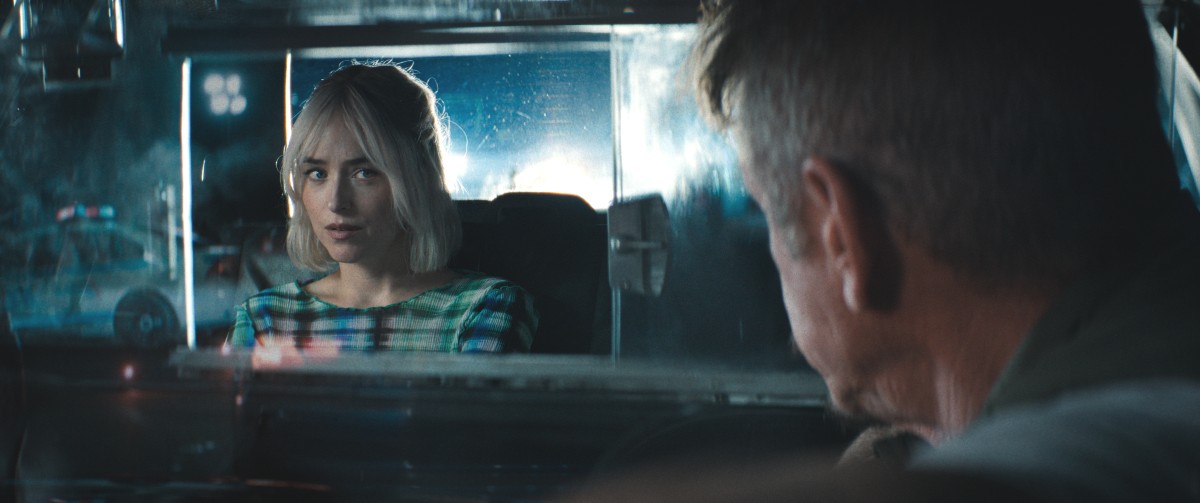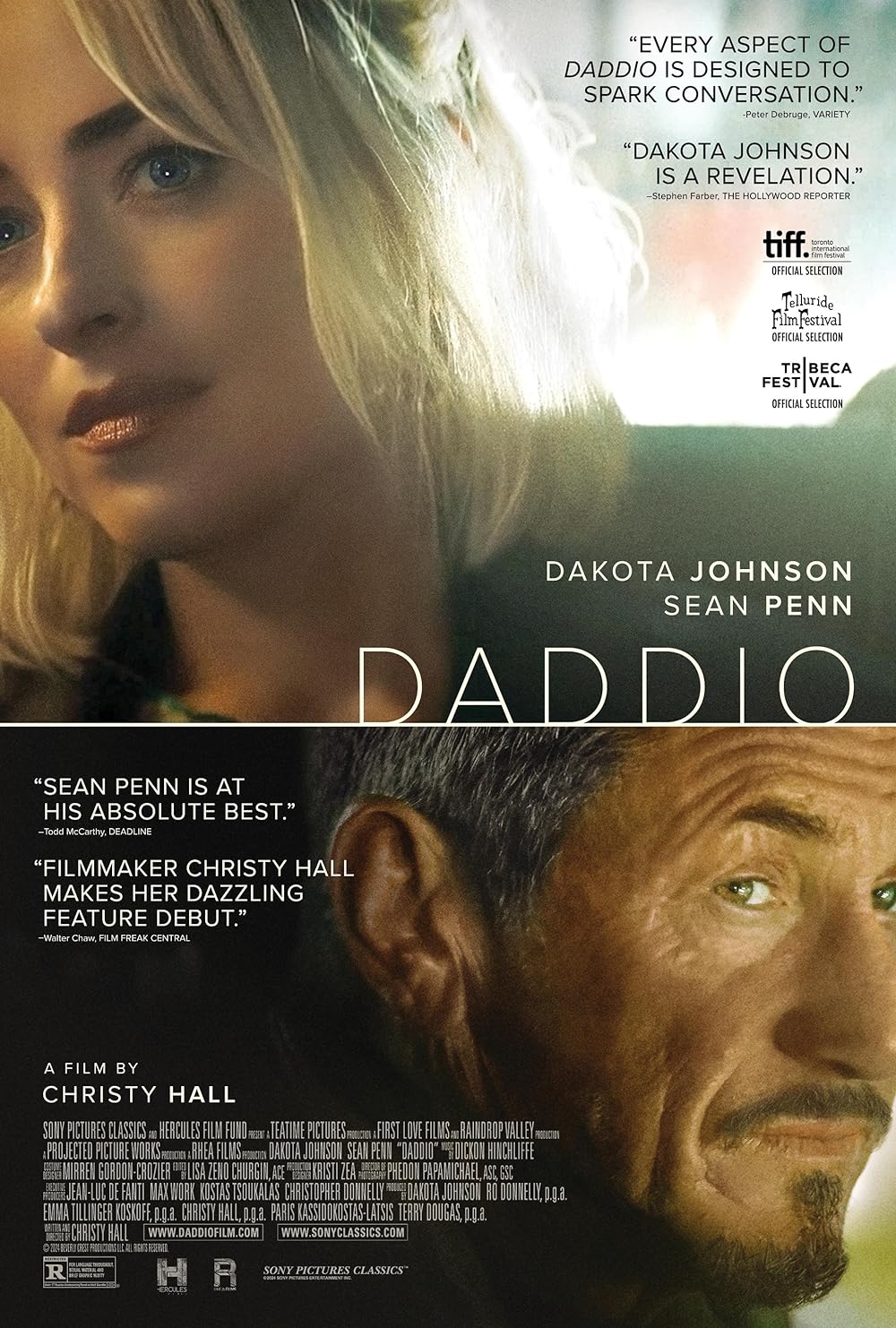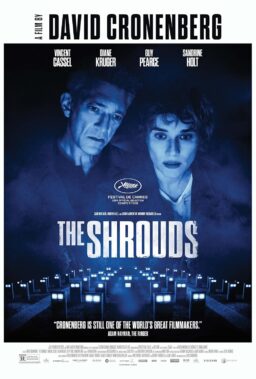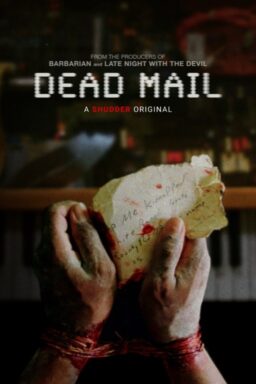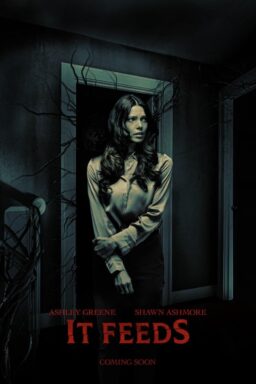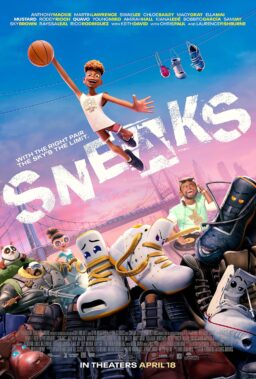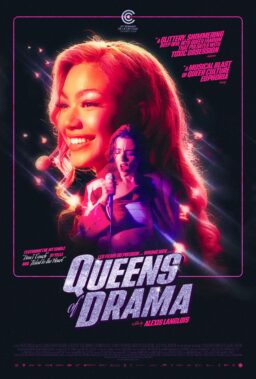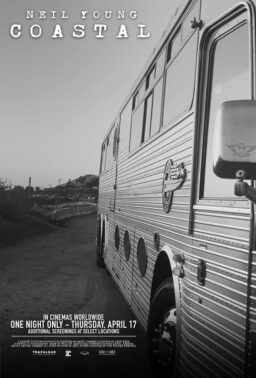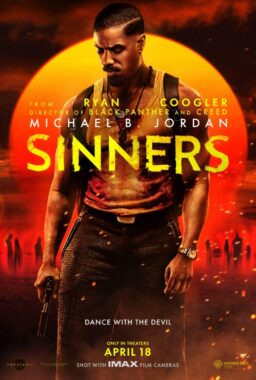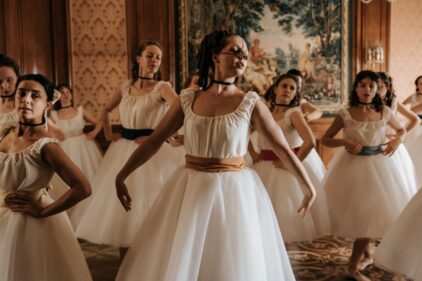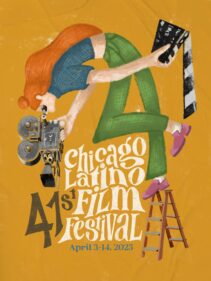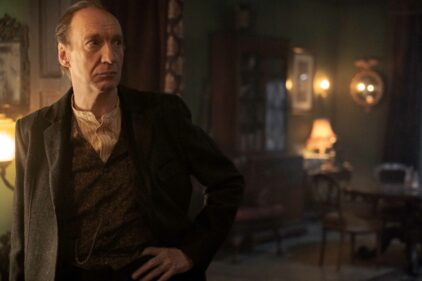Dialogue can lie, but faces tell the truth. Stories are told through faces. It takes enormous trust on the part of a director to allow this to happen, to let the faces do most of the heavy lifting. “Daddio”, written and directed by Christy Hall, is a film about faces, and this is pretty extraordinary considering it’s a two-character film with wall-to-wall dialogue. Dakota Johnson’s and Sean Penn’s faces fill the screen, shot in extreme close-up–just the eyes sometimes, the smiles, the thoughts happening behind the eyes. Hall’s dialogue compels you to listen, to lean in, but Johnson and Penn draw us into their separate worlds and histories, each face telling a million stories.
“Daddio” takes place entirely within the confines of a yellow cab making its way from JFK Airport back into Manhattan. The drive normally takes around 50 minutes without traffic. On this night, there’s a car accident, causing a long delay. In today’s world, this drive could occur entirely in silence, with the passenger on her phone the entire time. But in “Daddio,” the two start talking. The driver, Clark (Penn), and his passenger, known only as Girlie (Johnson), have a lot of time to kill. The talk is, at first, the kind of chit-chat that goes on in a yellow cab. They talk about flat fees; they talk about cash vs. credit cards. But still, it’s a connection. Small talk is pleasurable if you don’t think of it as small.
Where this conversation ends up going is really something, and it’s probably best that you don’t know too much going in. There is a feeling that anything could happen. It’s like the yellow cab is careening through an alternate universe where all the cards are on the table, and everything is up for grabs. Nobody’s in a fixed state. There are actually openings for connections across all kinds of gaps – generation gap, the man-woman gap, a sensibility gap. The cab is a space of no judgment, even when things get intense or there’s a disagreement. For whatever reason, these two have committed themselves to talking to one another until he gets her to her destination. Nobody opts out. A man keeps texting her asking her when she’ll arrive. There’s enough going on in her phone to keep her busy, and she could very easily tell Clark she doesn’t feel like talking and never look up from her phone again. Throughout, there are moments where you can see Girlie get dragged into the digital world, away from Clark’s analog world, sucked into the vortex of her relationship, one which doesn’t bring a smile to her face. Something’s obviously very wrong.
The chemistry between two actors is a mysterious thing. Johnson and Penn’s chemistry is so compulsively watchable, which is fascinating because neither of them can move. For the most part, they are only looking at each other through the rear view mirror, but the back-and-forth is genuine.
Clark is a garrulous guy with opinions on everything. He is curious, not just about her but everything. “I’m just a guy who pays attention,” he says. Nothing gets by him. Penn is so warm here. Warmth is not a word I associate with Penn, but what he brings out is so authentic it feels very close to the bone. But don’t mistake Clark for a teddy bear. You get the sense he’s not to be messed with. He can be crude; he says exactly what he thinks, and some of his views and language are outdated. But he is perceptive about people and not afraid to “go there.” When he says to Girlie, grinning with appreciation, “You can handle yourself,” you know what he means. She’s strong; she looks him in the eye. She also seems lost and lonely. He likes her. Girlie, at first, might seem like she strolled out of a film noir, a sad-faced beautiful girl in the back of a cab, looking for a way out of the fix she’s in. When the conversation turns provocative, as it does, it’s subtle and starts with a comment from her. Blink and you’ll miss it. You’d better believe Clark doesn’t miss it. Both characters are tough customers but in different ways.
Hall shows real mastery in facing the challenges of filming her own material and filming an entire movie inside a car. There is precedent for this! (“Locke“, for one.) Phedon Papamichael’s cinematography is beautiful and moody, with the lights of Manhattan blurred into abstraction out the windows, the shadows and lights brushing through the interior, the way Johnson’s face is seen in the rearview against the back window, floating around in space (reminiscent of the gorgeous shots of Cybill Shepherd in the final scene of Taxi Driver). Hall makes intelligent use of angles: Penn’s eyes are seen head-on or through the rearview, her reflection, his. The frame is never static. The film feels alive. Dickon Hinchliffe’s melancholy score is a huge contribution, adding subtext and shadings from the moment she gets into the back seat of his cab. You know this isn’t going to be just any ordinary ride.
It’s a cliche, but talking with someone is like batting a beach ball back and forth: both parties must keep the ball in the air. If someone drops the ball, the other person has to pick it up and bat it back. Everyone knows what it feels like to toss the beach ball over, and the other person fails to bat it back. Or, worse, the person doesn’t toss it your way in the first place.
Hall is a playwright and screenwriter who developed the 2020 television series “I Am Not Okay With This.” “Daddio” is her feature film directorial debut. What an auspicious beginning.

